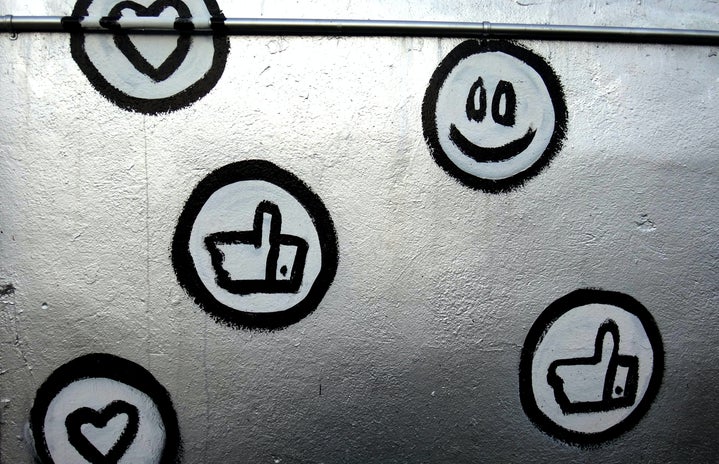Trigger Warning: The following article contains topics surrounding sexual harassment and sexual assault.
I was in my dorm settling down for the night. I was wrapping up homework and finishing getting ready for bed when I jumped onto Twitter to see what was happening. There on the trending page was: Me Too. Women from every point on the map were coming together online to provide support for those who have faced sexual harassment and assault. They were openly speaking out about their experiences in an attempt to spread awareness about the issue. The overarching idea was that if we don’t speak out about these issues, nothing will be done to fix them. And within the blink of an eye, #MeToo was trending on nearly every social media platform.
I sat there, scrolling through these people’s stories, and realized I shared some very similar experiences. I hesitated in posting anything about my own experiences but decided that I wanted my voice to be heard, too. I wanted to help bring attention to an extremely serious matter; I could help make a change. However, I didn’t want to share specifics about what had happened, so I settled on just tweeting the phrase “#MeToo.”
I’m not going to delve into my own experiences in this article. Instead, I want to increase awareness of sexual assault and harassment by giving a bit of information on the “Me Too” movement as well as share my thoughts.
Me Too started with a tweet from actress Alyssa Milano. She tweeted her friend’s suggestion that if every woman who has been sexually harassed or assaulted posted these simple two words, the extremity of the problem could be more quantitatively seen.
Celebrities, family, and friends started popping up in my newsfeeds as having participated in this movement. While “Me Too” was aimed at getting women to share their experiences, men also shared their stories. It is a given that a majority of sexual assault and harassment cases involve women, but men are victims as well. I believe that everyone should be able to speak out and have their voice heard, not only those of a certain gender. As I sat there reading these stories, my screen grew blurry as tears filled my eyes.
A few days later another headline surrounding “Me Too” appeared. McKayla Maroney, a United States Olympic Gymnast, was sexually harassed by the team doctor. She spoke of being molested or, according to the doctor, receiving “medical treatment” and even being given a sleeping pill and waking up in a room alone with the doctor, who was “treating” her.
It’s difficult to talk about these experiences, and for some people it is nearly impossible. That piece of your life is something you don’t want to reflect on; it’s a dark spot in your memory that causes extreme anxiety. The worst part is, once you start to feel more like yourself over months or even years, the memories and feelings associated with the incident can be triggered. Whether from a certain place, person, or even smell, memories can flood in and overwhelm you. Thus, I look up to every woman who’s been in such a horrible position and is able to speak about the incident, whether for the sake of spreading awareness or as a therapeutic outlet. They are strong, brave, and honorable. They are not victims, they are survivors.
However, there is a downside to this tag. Those who are immensely struggling with their own assaults or harassment may see others sharing similar stories and get triggered.
I think over the past few years this issue has rightfully gotten more attention. Well-known books such as Milk and Honey by Rupi Kaur and songs such as “Praying” by Kesha discuss this topic and reach out to a wide audience. This doesn’t mean enough has been done, though. Sexual harassment and assault are far too common in society — too shared an experience among women and men. It is like an epidemic, slowly spreading until most of the population has experienced this trauma in some way in their lifetime. And the only way to stop an outbreak is to end it once and for all.


